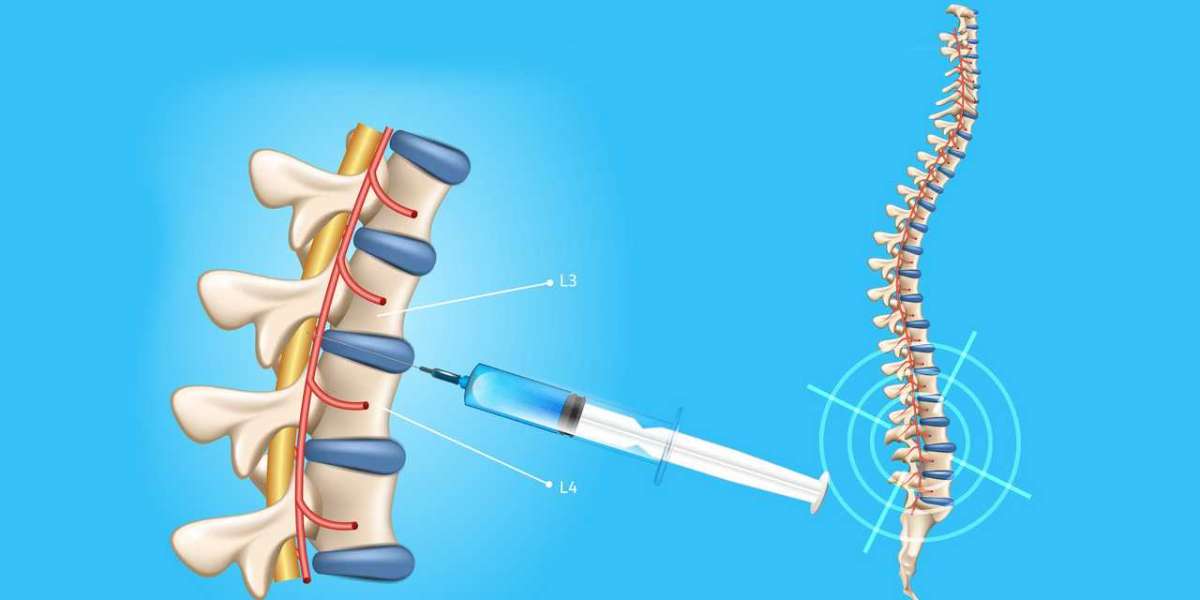Alcohol addiction can be a daunting challenge, affecting not only the individual but also their loved ones. The journey towards sobriety often involves various methods, from therapy to support groups. One lesser-known approach gaining traction is hypnosis for alcohol addiction. But does it really work? Let's plunge into this intriguing topic and explore whether hypnosis sessions can truly make a difference in overcoming alcohol dependency.
Understanding Hypnosis: Unveiling the Power of the Mind
Before diving into its effectiveness, let's understand what hypnosis truly entails. Contrary to popular belief fueled by media portrayals, hypnosis isn't about losing control or entering a mysterious zone. Instead, it's a state of focused attention and heightened suggestibility. During hypnosis, individuals are deeply relaxed, allowing them to access their subconscious mind more readily.
Can Hypnosis Break the Chains of Alcohol Addiction?
Hypnosis for alcohol addiction works by addressing the underlying psychological factors contributing to dependency. Rather than simply suppressing cravings, it aims to rewire the thought patterns and behaviors associated with alcohol consumption. Through targeted suggestions and visualization techniques, hypnosis helps individuals develop a healthier relationship with alcohol and build resilience against triggers.
The Role of Hypnotherapy in Alcohol Addiction Treatment
Hypnotherapy, a form of therapy utilizing hypnosis, plays a pivotal role in alcohol addiction treatment. In a typical session, a trained hypnotherapist guides individuals into a state of deep relaxation before delivering tailored suggestions aimed at reinforcing positive changes. These suggestions may include visualizing a future free from alcohol dependency, enhancing self-confidence, and managing stress more effectively.
Addressing Underlying Trauma and Triggers
One of the key advantages of hypnosis for alcohol addiction is its ability to address underlying trauma and triggers. Many individuals turn to alcohol as a coping mechanism for unresolved emotional pain or stress. Hypnotherapy helps unearth these root causes, allowing individuals to confront and process them in a safe and supportive environment. By resolving past traumas, hypnosis paves the way for long-lasting sobriety.
Harnessing the Power of the Subconscious Mind
The subconscious mind plays a significant role in shaping our behaviors and beliefs. Unlike the conscious mind, which operates on logic and reasoning, the subconscious is driven by emotions and ingrained habits. Hypnosis targets this deeper level of awareness, facilitating profound shifts in perception and behavior. By aligning the subconscious with conscious intentions, individuals can overcome alcohol addiction more effectively.
Breaking the Cycle of Cravings and Compulsion
One of the biggest challenges in overcoming alcohol addiction is managing cravings and breaking the cycle of compulsion. Traditional approaches often focus on willpower and abstinence, which may yield temporary results but often fall short in the long run. Hypnosis offers a unique solution by reprogramming the subconscious mind to diminish cravings and strengthen resolve. Through repeated sessions, individuals gradually gain greater control over their impulses, paving the way for sustainable recovery.
Empowering Individuals to Take Control of Their Lives
At its core, hypnosis empowers individuals to take control of their lives and break free from the grip of addiction. By fostering self-awareness and promoting positive change, hypnotherapy equips individuals with the tools they need to navigate life's challenges without resorting to alcohol. It's not about simply quitting drinking but rather embracing a holistic transformation that encompasses mental, emotional, and spiritual well-being.
The Importance of Continued Support and Reinforcement
While hypnosis can be a powerful tool in alcohol addiction treatment, it's essential to recognize that it's not a standalone solution. Continued support and reinforcement are crucial for maintaining sobriety in the long term. This may involve attending therapy sessions, joining support groups, or engaging in activities that promote overall well-being. By surrounding themselves with positive influences, individuals can strengthen their resolve and stay on the path to recovery.
Conclusion: A Ray of Hope in the Journey to Sobriety
Hence, hypnosis for alcohol addiction holds promise as a complementary approach to traditional methods in the treatment of alcohol addiction. By harnessing the power of the mind and addressing underlying psychological factors, hypnotherapy offers a ray of hope for those struggling to break free from dependency. While it may not be a magic cure, it can serve as a valuable tool in the journey to sobriety, empowering individuals to reclaim their lives and embrace a brighter, alcohol-free future.














